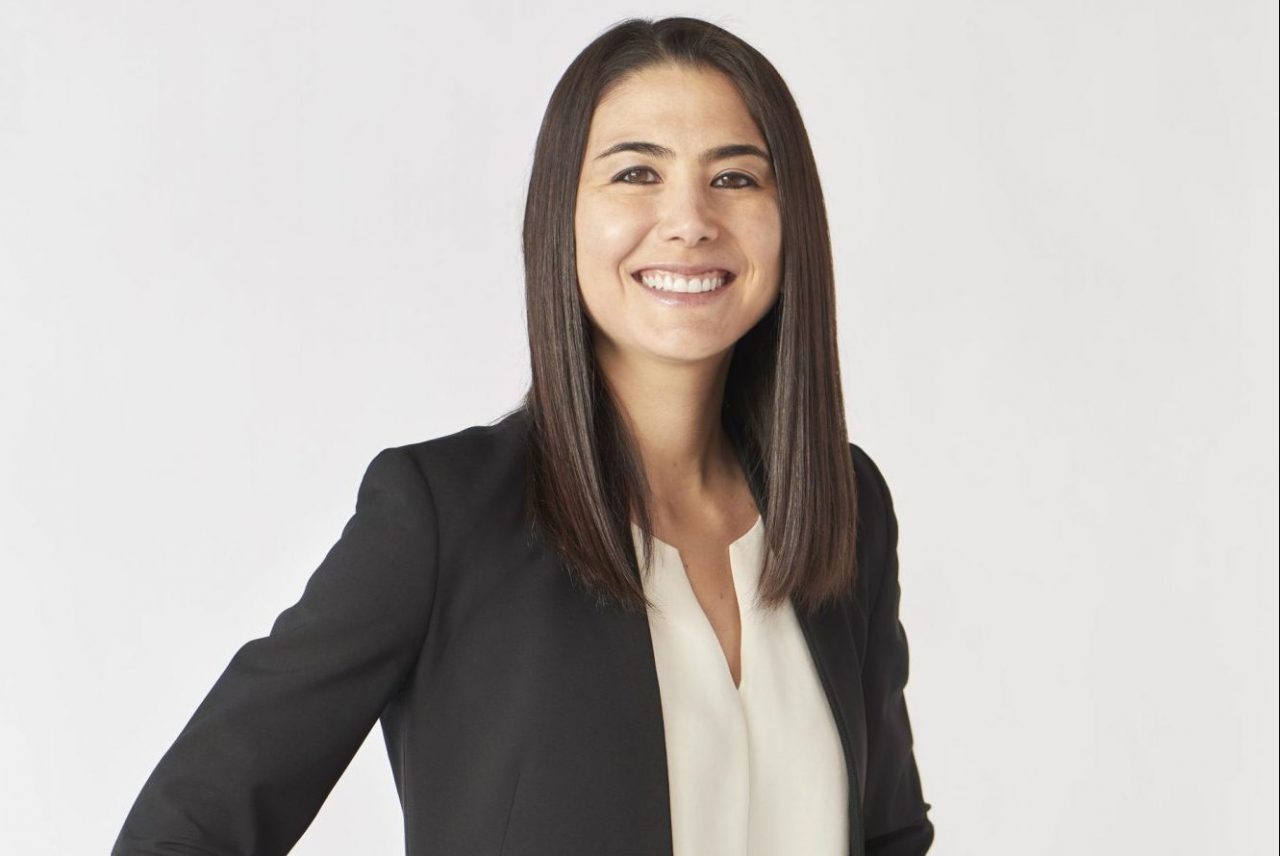Vacasa's Value Falls 10 Percent on Stock Market Debut

Skift Take
Property manager Vacasa saw its market cap trimmed more than 10 percent on its first day of trading on Nasdaq, but one of its top executives took in in stride, telling Skift it all marked the next phase of the company's odyssey.
Vacasa's stock opened at $10.99 per share on December 7, and by the closing bell its stock price had fallen 10.4 percent to to $9.84 per share. The broader market all finished in the green, with the Nasdaq closing up 3 percent.
A dozen years after its founding, Vacasa entered its historic day with more than $340 million in gross proceeds from its merger During an interview with Skift on Tuesday, chief financial officer Jamie Cohen said the company has around $100 million baked into its forecast for portfolio acquisitions.
It carried out 22 of these acquisitions of vacation rental management companies of varying sizes for $117.9 million in the first nine months of 2021. That's an ave

